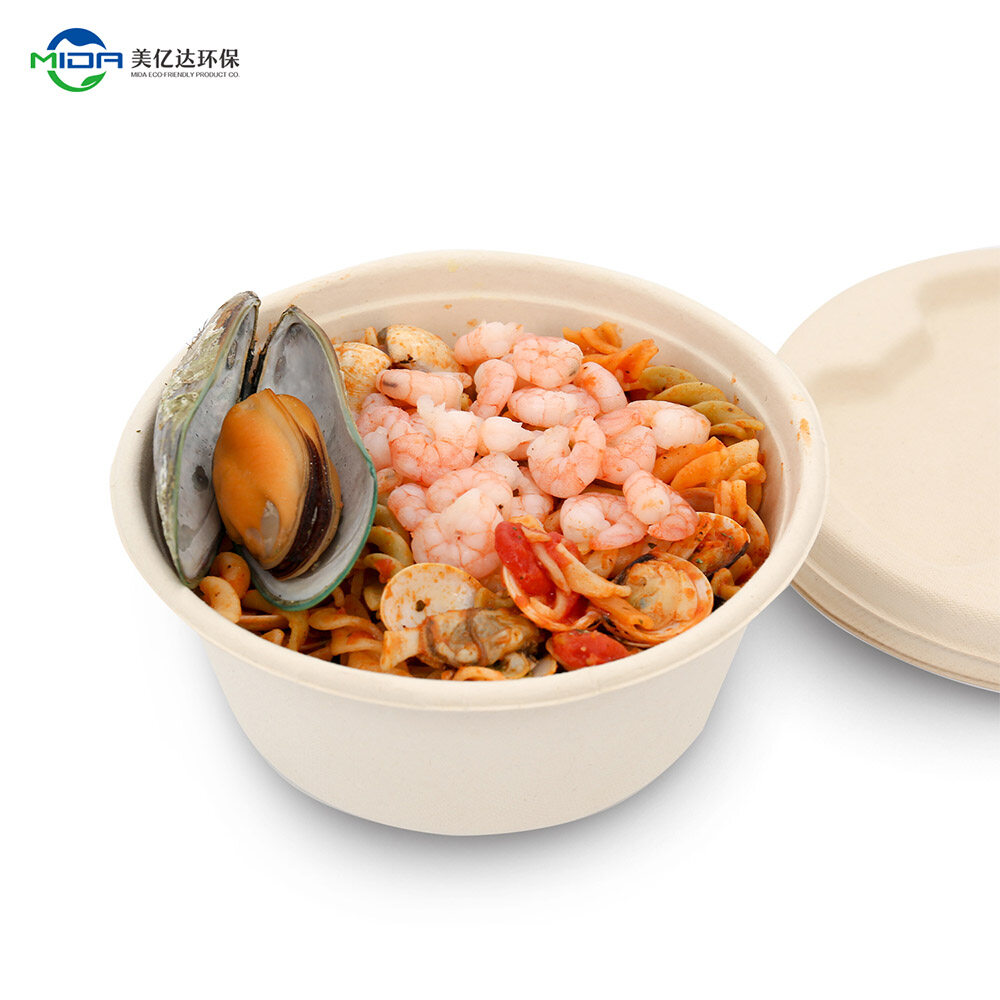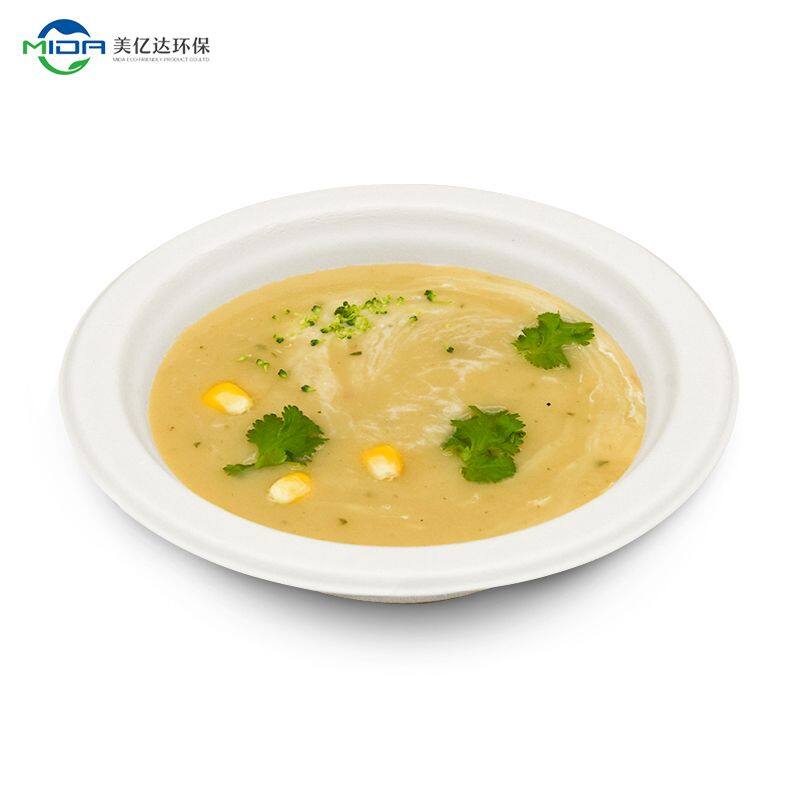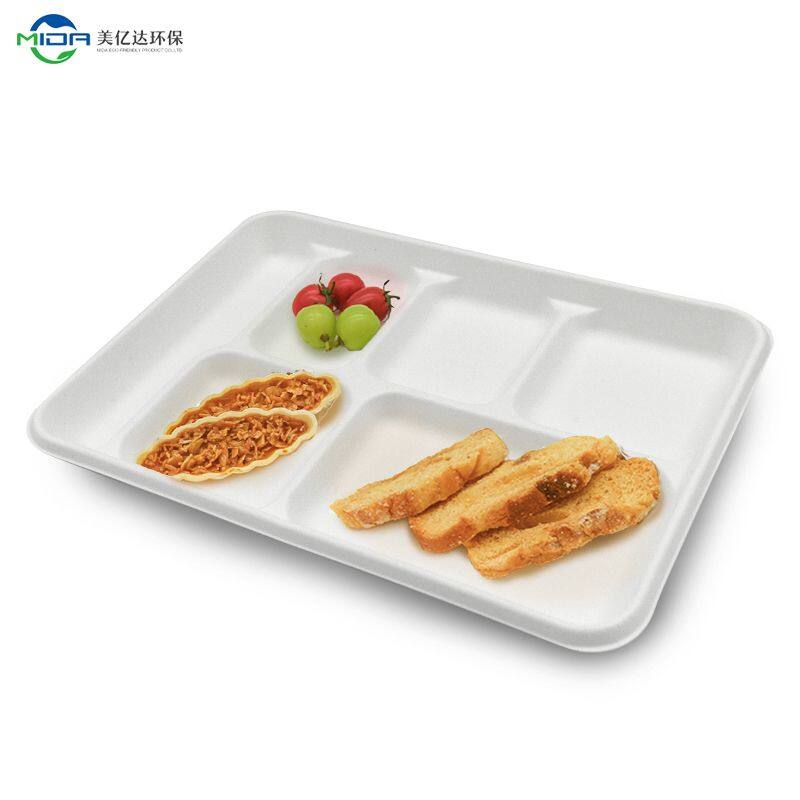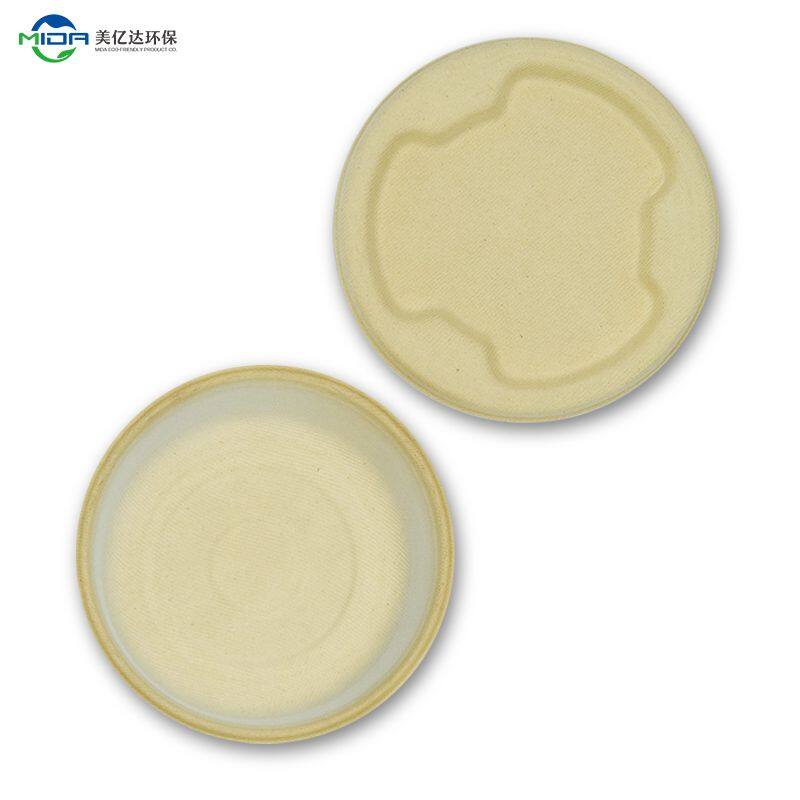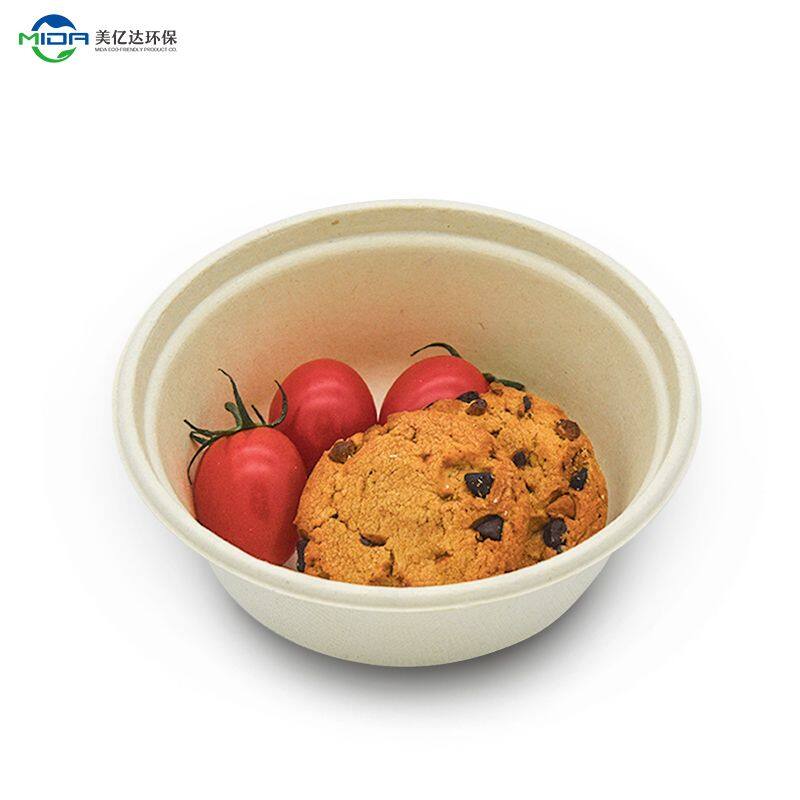Singapore: supermarkets will charge for plastic bags
March 7, 2022, Singapore's Minister for Sustainable Development and Environment Fu Haiyan announced in Parliament that from the middle of next year, two-thirds of Singapore supermarkets are beginning to charge for disposable shopping bags. The National Environment Agency has set the price of each plastic bag at least 5 cents SGD.
The authorities said the move is intended to enhance environmental protection, and the fees collected for plastic bags will be used to support green projects.
It is understood that all supermarket companies with an annual turnover of more than S$100 million, including the Job Corporation, Siong Siong, Baimei, etc., are required to implement this new rule. Small supermarkets are allowed to develop their own shopping bag fee system.
Fu Haiyan pointed out that although a shopping bag does bring a lot of convenience to daily life, but it is also polluting the environment. The move to charge for shopping bags has been popularized around the world, including Taiwan, Hong Kong and Malaysia. And Singapore also needs to, and should join the ranks of environmental protection.
According to Bloomberg, Singapore is the world's largest producer of plastic waste, producing 145.3 kilograms of plastic waste per person per year. According to the Straits Times, Singapore uses 13 plastic bags per person per day. Last year, Singapore produced 3 million tons of waste; plastic waste accounted for 30 percent.
A national study shows that from April 7 to June 1 last year, during the "circuit breaker" closure, Singapore added an additional 1.33 million kilograms of plastic waste due to take-out orders, online shopping, etc.
Countries around the world are taking aggressive action to limit and ban the use of single-use plastics, but Singapore has a different attitude.
Singapore's National Environment Agency spokesman has pointed out that the plastic bag is a national must use waste disposal products, often used to wrap food or household waste, it is impossible to completely ban, and plastic bags in the waste-to-energy plant will be properly disposed of.
As early as April 10, 2021, Singapore has drawn up a preliminary proposal to charge for single-use plastic bags.
1. Plastic bag charges are made per transaction, or per plastic bag, or from the third plastic bag used.
2. Plastic bag prices for the time being each 5 cents, 10 cents, 20 cents pricing proposal, or 20 cents per transaction charge.
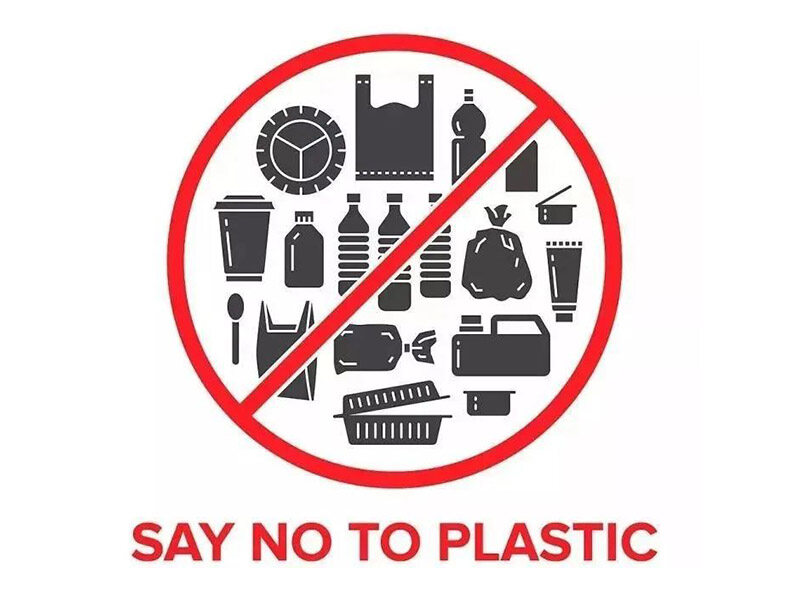
Japan: The Plastic Resources Recycling Law will come into force next month
The Japan Broadcasting Association (NHK) reported on March 9 that Japan will implement the "Plastic Resource Recycling Law" from next month. It stipulates that convenience stores and accommodation businesses are obliged to reduce the amount of plastic used in 12 types of disposable plastic products provided free of charge to customers, such as plastic spoons and disposable toothbrushes.
Japanese convenience store giant All Family has tentatively decided to stop providing disposable forks and spoons to customers, sources said.
The company plans to offer disposable bamboo chopsticks to customers who are currently using the service, and plans to start a pilot program at some of its stores in Tokyo this week, and will decide whether to expand the program nationwide after analyzing customer reactions and the impact on sales.
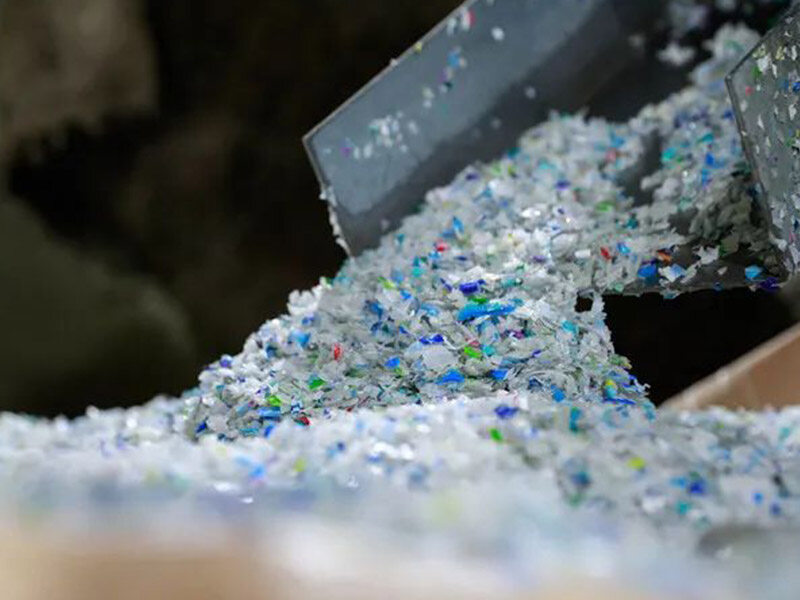
Australia: the capital of Canberra to strengthen the ban on plastic
SYDNEY, March 8 (Xinhua) -- The ban on single-use plastics in the Australian capital Canberra has been further expanded, according to the Australian Broadcasting Corporation. According to the latest bill, food suppliers will be banned from using single-use plastic products at music festivals as well as sporting events. This means that plastic bowls, plates, single-use plastic straws and take-away containers will no longer be available at events including Australian folk festivals, Australian rugby league and cricket matches, and that tableware and containers made of cardboard and other materials will be used instead.
In fact, the Capital Territory's plastic ban may not end there. The list of items that could be banned from July 1, 2022 will also include non-essential single-use plastic straws, single-use plastic bags for packaging fruits and vegetables, cotton swabs with plastic sticks, and all plastic products that are subject to oxidative degradation, such as biodegradable plastic and dog waste bags.
Capital Territory Minister for Transport and Urban Services Chris Steele said the expansion of the plastic ban was "another big step" towards making Canberra more sustainable. He said, "Canberrans have expressed strong support for phasing out single-use plastics and we are working hard to identify more items to add to the banned list."
Don Verner, CEO of the Canberra Raiders Rugby Club, said, "As tournament organisers we have a responsibility to protect the ecology in which we operate and I am confident that our members and fans will support us in adopting this approach on match days."
Mia Swanston of the Canberra Environment Centre encourages people to plan ahead, for example by carrying cutlery with them, so that they can make the transition to plastic-free with ease. She believes a return to "plastic reduction" is an important issue in the post-epidemic period.


